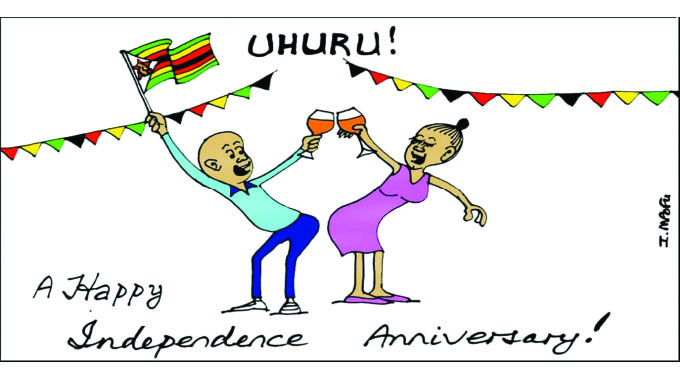Adapting tobacco growing to climate change
The earth’s climatic conditions are changing. Climate change refers to change in the typical or average weather of an area or region. This could be a change in the region’s average temperature, annual rainfall or rainfall patterns. Some causes of climate change are natural while others are man-made. Scientists generally concur that man have contributed to climate change through burning of coal, oil, gas, veldt fires among others in what is generally known as the carbon footprint.
This burning adds heat trapping gases, such as carbon dioxide into the air and these gases are called greenhouse gases. The realities of climate change are unfolding and these include in-season dry spells, prolonged droughts, short duration rains, erratic rainfall patterns and floods. Re-current droughts are a common feature in Zimbabwe and the drought enduringly impair tobacco production and productivity.
The Zimbabwe Meteorological Department (MET) said the country is likely to be affected by the El Nino weather phenomenon this farming season. El Nino is usually characterised by droughts and already the MET department has forecasted normal to below normal rainfall in all tobacco growing areas.
Faced as we are with this impending problem, both growers and authorities cannot afford to sit on their laurels and do nothing. The realities of climate change are a new and growers should adapt otherwise they ignore the new realities at their own peril.
We cannot stand and wish this away but instead, we need to adjust and adapt to the erratic weather pattern through good agronomic practices that reduce exposure to the harsh climatic conditions.
Irrigation should become the country’s focus as it is no longer an option for government and individual farmers, but a must. Farming can never be allowed to be done as if we are still in 10 000 B.C. era.
Tobacco Industry and Marketing Board (TIMB) and its financing partners in an effort to mitigate the effects of climate change have established a revolving fund for the development of small holder drip irrigation systems.
Interested tobacco growers can make inquiries at any of our TIMB offices. Growers are encouraged to adopt conservation farming techniques, which include early ploughing (winter ploughing) and use of minimum tillage.
Minimum tillage helps to keep the soil covered and protected with cover crops for a longer period of time and this helps in reducing soil erosion as well as preserves soil moisture.
Other water conservation techniques such as potholing and mulching can be practiced.
Growers are also encouraged to adopt the float tray system of producing seedlings as less water is used under this system.
Other potential adaptation mechanisms for the tobacco industry include strengthening research into breeding drought and other weather vagaries tolerant varieties. The tobacco industry and insurance sectors are also called upon to classify drought as a risk as opposed to the current classification as an uncertainty.
Classification of drought as a risk in tobacco farming will lead to insurers developing innovative tobacco crop insurance schemes for small holder farmers. Crop insurance will hedge growers in years of crop failure.
In addition, risk zoning of areas could be useful in informing extension and tobacco promotion initiatives with marginal or unsuitable areas diversifying into other crops and not growing tobacco.
Overall, it is very important to strengthen institutional capacities to respond to crop failures and advise growers on appropriate actions to reduce the impact of climate change.
For any additional information please contact TIMB on telephone numbers 0772145166 /9 or 0279-22082 /21982 or 025-3439 or 067-24268 /29246 or 0277-2700 or 064-7280 or 0271-6772 or E-mail: [email protected] or visit our website on www.timb.co.zw





Comments